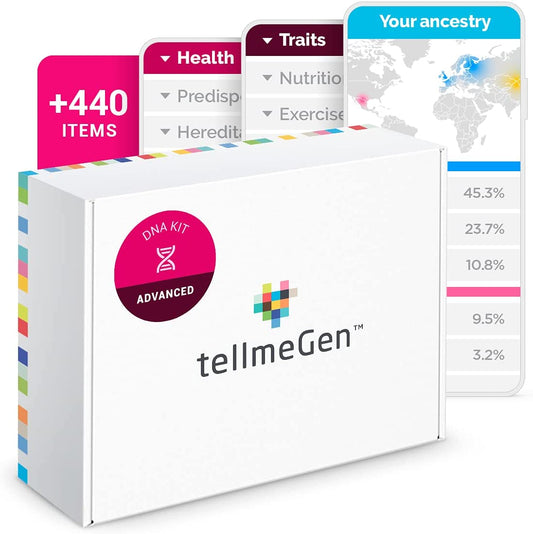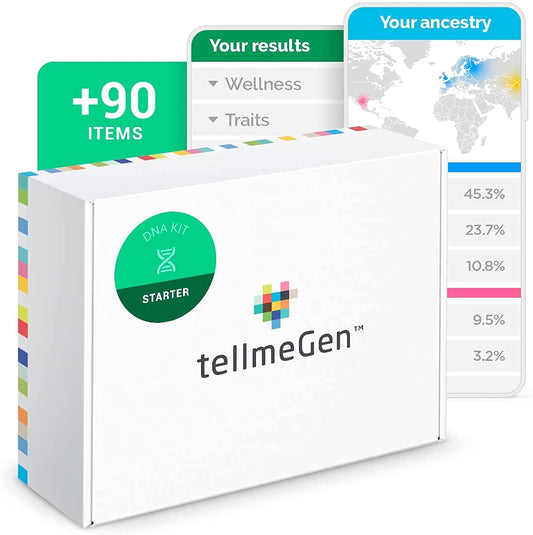Have you ever wondered where your ancestors came from? Or why you have certain physical traits that seem to run in your family? Thanks to advances in genetic testing, it’s now possible to get answers to these questions and more. In this article, we’ll explore the world of ancestry DNA traits and introduce you to TellmeGen, a leading provider of genetic testing services.
What are Ancestry DNA Traits?
Ancestry DNA traits are the physical and genetic characteristics that are passed down from generation to generation within a family. These traits can include physical features like eye color, hair texture, and height, as well as health-related factors like susceptibility to certain diseases.
By analyzing your DNA, scientists can identify specific genetic markers that are associated with various ancestry DNA traits. For example, if you have a certain genetic marker associated with blue eyes, it’s likely that you inherited that trait from one or both of your parents.
What is TellmeGen?
TellmeGen is a genetic testing company that specializes in providing personalized health and ancestry reports. By analyzing your DNA, TellmeGen can provide insights into your ancestry DNA traits, as well as potential health risks and recommendations for lifestyle changes.
TellmeGen’s ancestry reports can help you discover your ethnic makeup, trace your ancestry back to specific regions, and identify genetic markers associated with various physical traits. They can also provide information about potential inherited conditions, carrier status for genetic disorders, and drug metabolism.
Benefits and Limitations of Genetic Testing
While genetic testing can provide valuable insights into your ancestry DNA traits and health risks, it’s important to understand the limitations of these tests. For example, genetic testing can only provide information about specific genetic markers that have been identified by scientists. It can’t predict your future health or guarantee that you will or won’t develop a particular condition.
Genetic testing can also have emotional and psychological implications. For example, if you discover that you have a genetic marker associated with a certain disease, you may experience anxiety or worry about your future health. It’s important to consider these factors before deciding to undergo genetic testing.
Frequently Asked Questions
How is genetic testing done?
Genetic testing is typically done using a saliva sample. The sample is then sent to a laboratory for analysis, where scientists use specialized equipment to analyze your DNA.
How long does it take to get results?
The time it takes to get genetic testing results can vary depending on the provider. Some companies, like TellmeGen, offer fast turnaround times of just a few weeks.
How accurate are genetic testing results?
Genetic testing results are generally very accurate, but there is always a small margin of error. It’s important to keep in mind that genetic testing can only provide information about specific genetic markers that have been identified by scientists.
Is genetic testing covered by insurance?
In some cases, genetic testing may be covered by insurance, but it’s important to check with your provider to find out what’s covered and what isn’t.
What should I do with my genetic testing results?
If you undergo genetic testing, it’s important to work with a healthcare professional to interpret your results and develop a plan for any potential health risks identified. It’s also important to consider the emotional and psychological impact of genetic testing and seek support if needed.
Conclusion
Ancestry DNA traits and genetic testing are fascinating topics that can provide valuable insights into our genetic makeup and ancestry. By understanding the benefits and limitations of genetic testing and working with a healthcare professional to interpret results, we can make informed decisions about our health and wellbeing. With the help of companies like TellmeGen, the world of genetic testing is more accessible and informative than ever before.















